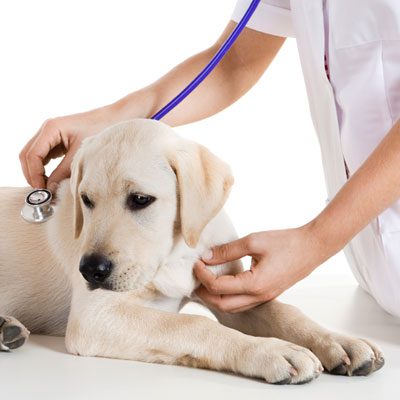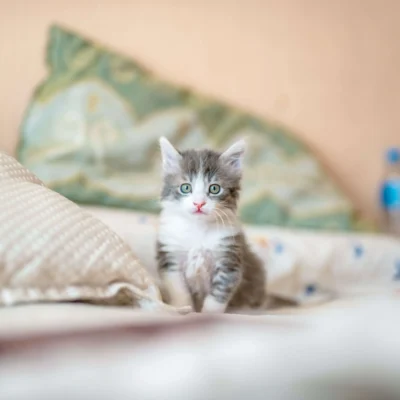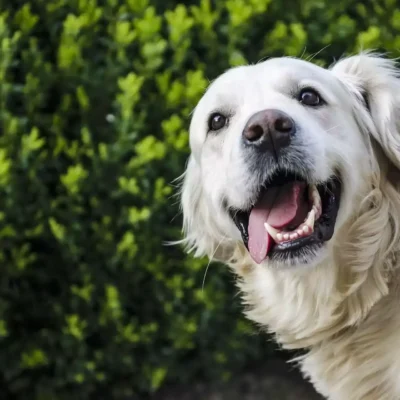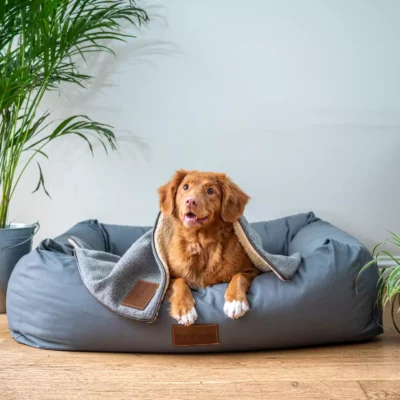Your feisty terrier Tommy is like a canine vacuum cleaner. This compact pooch seems to have a bottomless stomach, consuming his own kibbles along with the cat’s scraps and anything else he can scrounge. Recently, however, your hearty eater has left considerable food in his bowl, making you concerned that he’s not getting the nutrients he needs. You’re also worried that he might have contracted a medical condition. Fortunately, your Chesapeake veterinarian will examine your dog and give him some targeted nutritional counseling.
Too Many Treats and Scraps
Your crafty little dog has coaxed your family into giving him a never-ending stream of tasty dog treats. He’s also a skilled table beggar, stationing himself alongside a likely victim and hounding them for table scraps throughout the meal. After consuming these super-enticing foods, your petulant pooch might be too full to consider eating anything else. As an unfortunate side effect, these surplus calories can cause Tommy to gain weight over time. Pull the plug on these decadent snacks right now.
Boring Menu Choices
Your discriminating dog might have lost interest in his plain dry kibbles. Improve the mixture’s smell and taste by dashing it with some warm water. Or, get your vet’s approval to add a tablespoon of warm canned food to Tommy’s dry blend. Don’t overheat that extra ingredient, as you want to avoid burning your dog’s sensitive mouth.
Unacceptable Food Quality
Although your deserving dog gets a top-quality diet, his food might have gone past the expiration date; or it could even be somewhat spoiled. If that’s the case, your discerning pooch probably refuses to send those substandard contents down to his often-delicate stomach.
Hidden Dental Problems
Maybe poor Tommy is hiding a painful dental ailment that makes eating an uncomfortable experience. Perhaps you can easily see some damaged teeth, mouth or facial sores, or even a foreign object. However, don’t attempt to touch or open your dog’s mouth, as he probably won’t tolerate it. Instead, take him to your vet, who can safely find your pooch’s problem and provide treatment. Once your dog recovers, he should feel more like eating his food.
Once Tommy returns to his food bowl, allow him to eat without distractions. Afterward, heap on the praise for his good behavior. If your dog experiences future food relapses, call your Chesapeake veterinarian for expert assistance.









